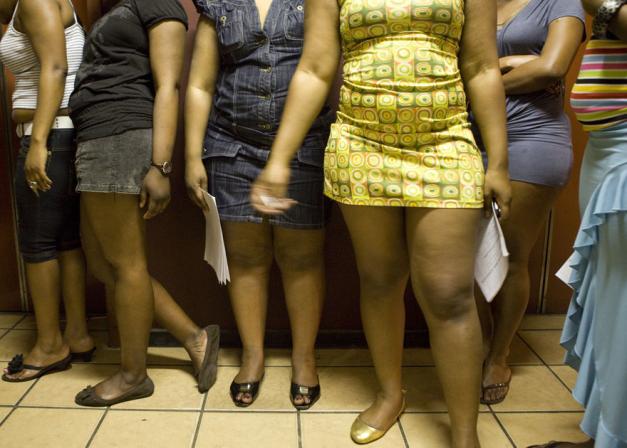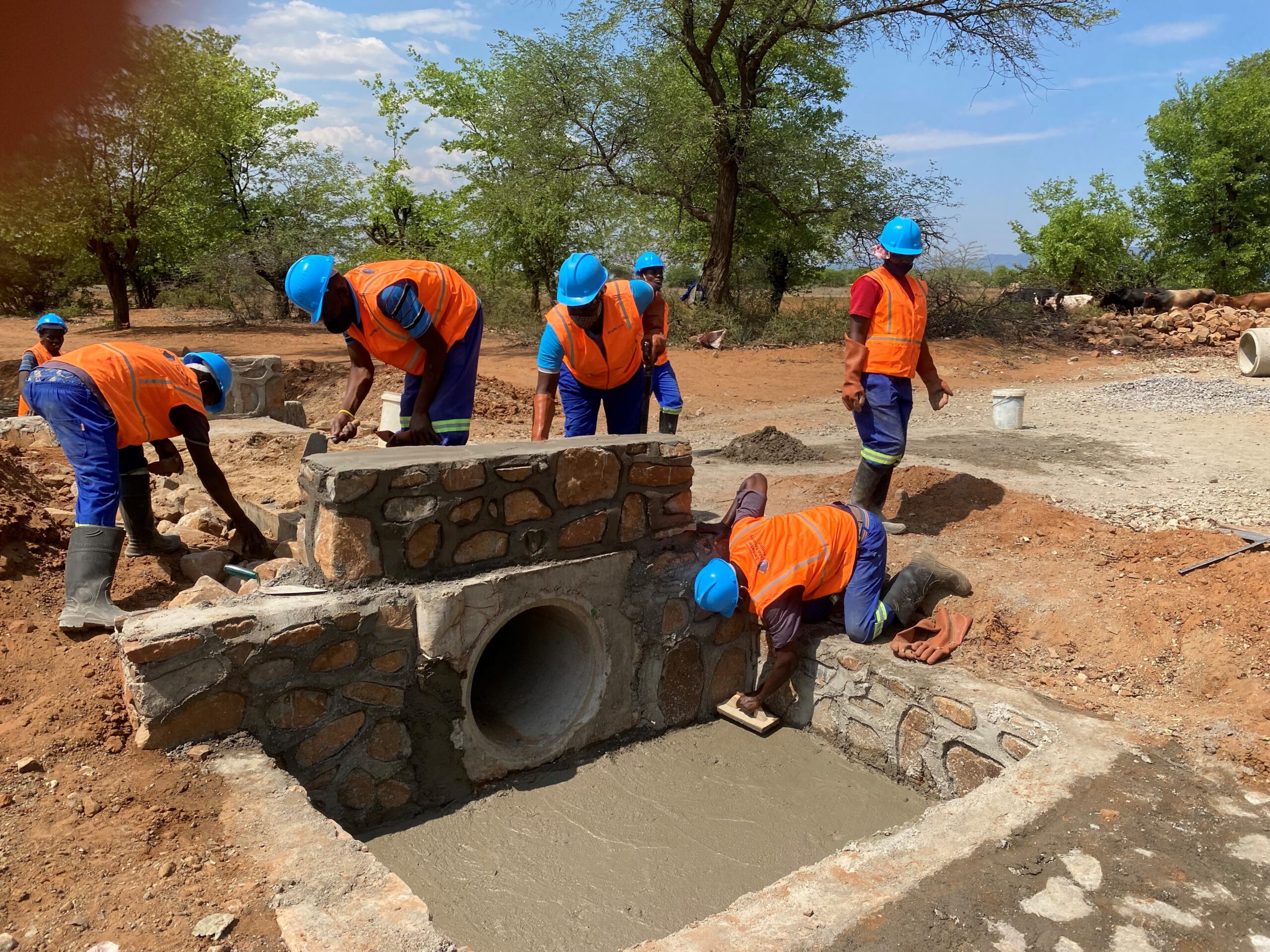
MURAMBINDA — Poverty has driven scores of young girls here, some barely in their teens, to prostitution to raise money for food for their families and for their school fees.
BY CLAYTON MASEKESA
Some of them are pushed into selling their bodies by desperate guardians or parents who have no other source of livelihood.
Murambinda is in Buhera, a dry district which falls under geological region five, where crops such as maize rarely grow to maturity.
The girls are being taken advantage of, mostly by illegal diamond dealers, truck and bus drivers, as well as government and NGO workers who can afford a few dollars to spare from their salaries and other “dealings”.
It has become common to see heavy trucks parked at the business centre, waiting in the darkness.
Once it gets dark, the drivers invite young girls into their trucks for sex while others are driven away to secluded places.
Alcohol and marijuana have become the girls’ daily diet.
- Chamisa under fire over US$120K donation
- Mavhunga puts DeMbare into Chibuku quarterfinals
- Pension funds bet on Cabora Bassa oilfields
- Councils defy govt fire tender directive
Keep Reading
Once they are high on drugs, they start soliciting for clients, wildly gyrating to loud music, daring to mix and mingle with clients from all walks of life.
Residents now fear that childhood prostitution, apart from destroying the future of the children and the general moral fabric, will further fuel the HIV and Aids prevalence rate in the area. One resident of the area, Kenneth Masomere blamed the increased prostitution on parents and guardians who failed to instil discipline in their children.
“Most parents in this area are failing to stamp their authority over their children who have taken the centre-stage in prostitution,” he said.
Masomere added: “It is poverty that has forced them to sell their bodies. They want to make money easily, yet they are at risk.” An investigation by Standardcommunity recently established that in some cases, the children were forced into prostitution because of poverty.
Some families near the business centre survive on food hand-outs from charitable organisations.
One of the young prostitutes, who identified herself only as Netsai, said she was a student at a local secondary school.
“The money that men pay me for sex allows me to pay my school fees and that of my little sister,” she said.
Another teenage hooker, Sandra, who comes from Chapanduka village in the same district, said she turned to prostitution after failing to get employment at the business centre.
Her mother, a fish vendor, had sent her to seek employment as a domestic worker as there are many officials who work in government offices and for NGOs operating at the centre.
Sandra said she had, on many occasions, fallen victim to physical and sexual assault by her clients that would be unwilling to pay. She said some forced her to have unprotected sex.
“It is not uncommon for some of our clients to force us to have unprotected sex or even to assault us,” she said.











